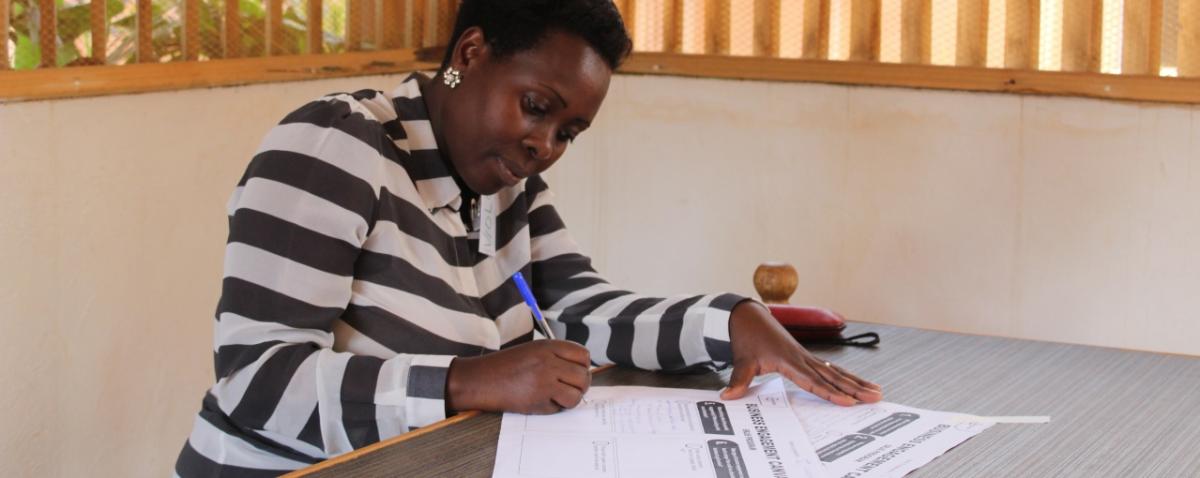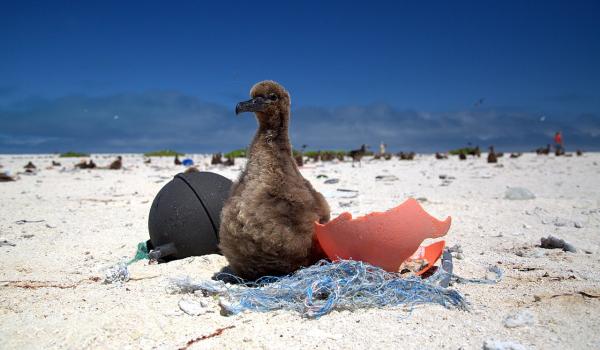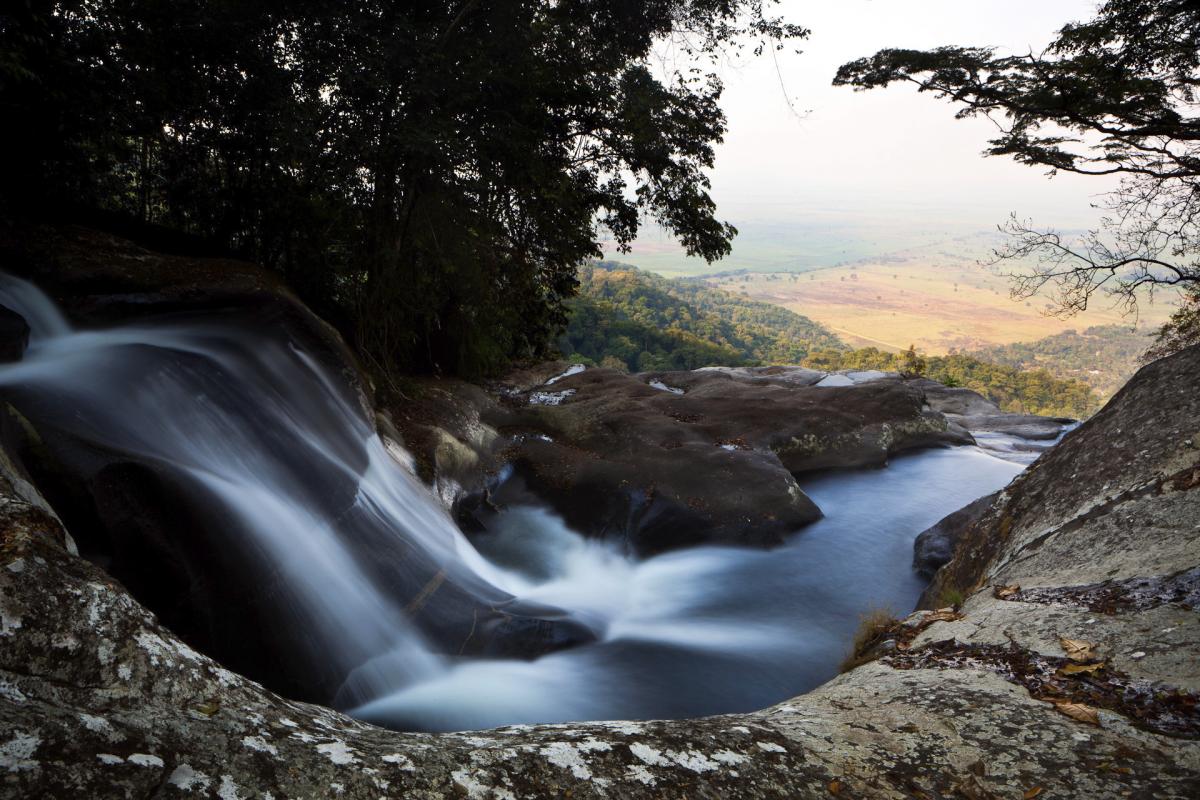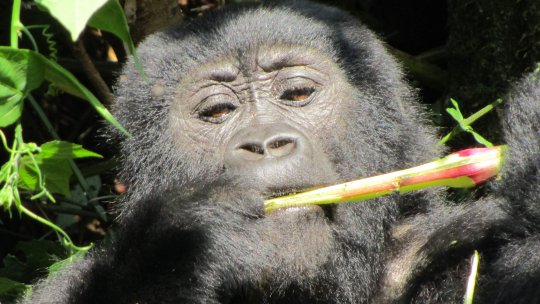New IUCN training focuses on engaging business to safeguard international public goods
All over the world, businesses make use of natural capital. Companies therefore benefit from healthy ecosystems. But how can nature conservation organizations engage companies to contribute to the maintenance of ecosystem services? That question was central to the international business engagement training held recently in Uganda.

Photo: Nadine McCormick
Businesses rely on natural resources for their production processes and depend on healthy ecosystems to remove waste, and maintain soil, water and air quality. At the same time, businesses can have major negative impacts on biodiversity. While business is part of the problem, it is also part of the solution.
During a two-day capacity development training led by the IUCN National Committee of the Netherlands (IUCN NL) and the IUCN Global Business & Biodiversity Programme, a group of highly-motivated conservationists from Uganda and Tanzania worked towards an action plan to engage businesses operating in their landscapes to safeguard ecosystem-based international public goods for water provisioning, food security and climate resilence.
Roadmap to business engagement
“I was afraid business engagement wouldn’t be feasible for us,” says Evelyne Busingye of IUCN Uganda Country Office. “But the experience has taught me we can do this as well. Business engagement is easy to handle if you follow the right process.”
During the training, participants followed a clear roadmap to elaborate an action plan tailored to their organization’s strategy, experience and objectives. “The first step is for organizations to identify their own strengths,” explains Romie Goedicke, a senior Green Economy expert for IUCN NL. “The business engagement strategy should follow from what the organization is best at, whether that is research, dialogue or campaigning.”
Second, the participants analyze the type of companies that operate in the landscape that they intend to protect. "Either directly or indirectly, everywhere in the world companies make use of natural capital," says Ms Goedicke. "By mapping the impacts and dependencies of these companies on natural capital and which risks and opportunities this entails, nature organizations can respond to the interests of the company in question."
As participant Diana Nabiruma of the Africa Institute for Energy Governance (AFIEGO) concludes: "If you are able to demonstrate how ecosystem degradation can negatively impact a certain business, it becomes easier to ally with them to make their operations more sustainable."
Reducing water pollution from artisinal mining
The training resulted in tangible action plans, which were presented on the second day. The action plan of Joseph Chiombola from the Tanzanian Land Rights Research & Resources Institute, Hakiardhi, stood out: reducing water pollution by promoting adhesion of artisanal gold miners to cooperatives.
“The plan offers benefits to artisanal gold miners, nature conservationists and the government alike,” says Joseph Lumumba, a senior Green Economy expert with IUCN NL. “By adhering to a cooperative, artisanal gold miners receive a series of benefits, such as recognition, access to funding and capacity development to improve their extraction techniques and use less mercury. This will lead to higher yields, while at the same time reducing the risk of polluting the water these miners depend upon for their production. The government benefits from easier law enforcement and tax income, while nature and local populations benefit from clean water.”
Demand-driven trajectory
The training kicked-off a capacity development trajectory for effective business engagement as part of Shared Resources, Joint Solutions programme, and is linked to the SUSTAIN Initiative. The training builds on South-South peer learning and consists of specific demand-driven clinics, webinars and workshops on topics such as analysis of financial flows, negotiation skills and valuation of ecosystems.
Later this year, a similar programme on business engagement will be offered to partner organizations in West-Africa.
This article was originally published by the IUCN National Committee of the Netherlands, which is a partner on the Shared Resources, Joint Solutions programme and the SUSTAIN Initiative.



